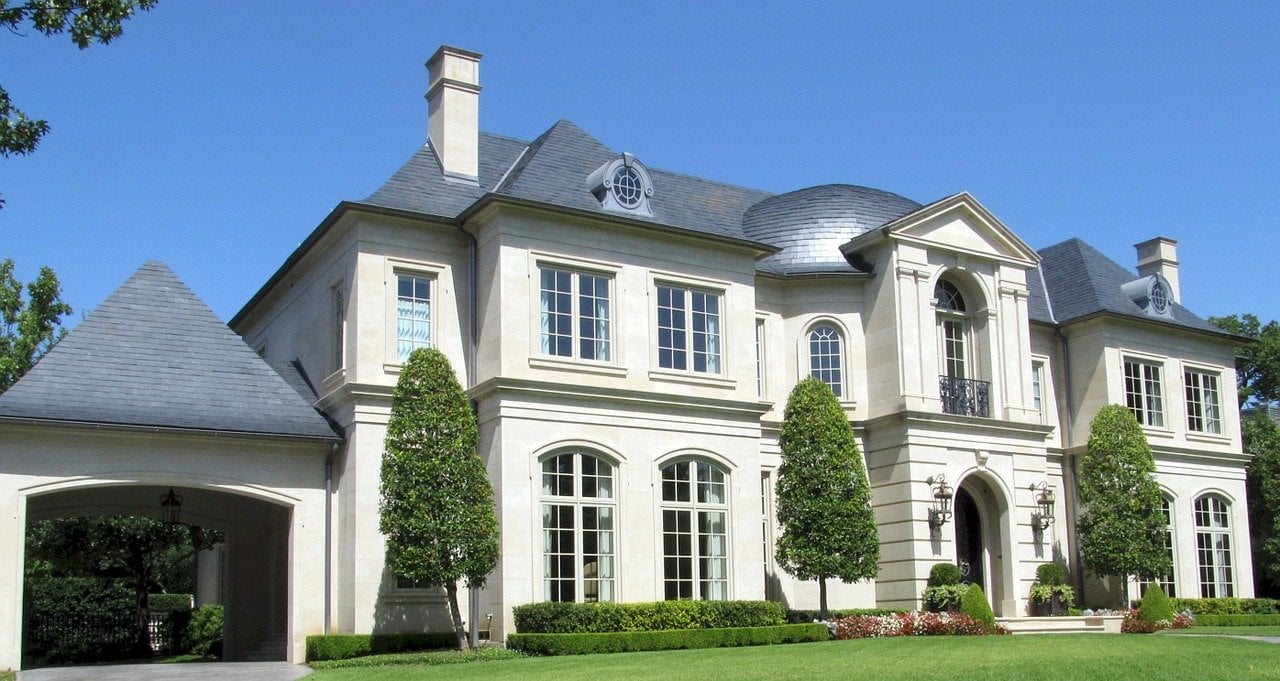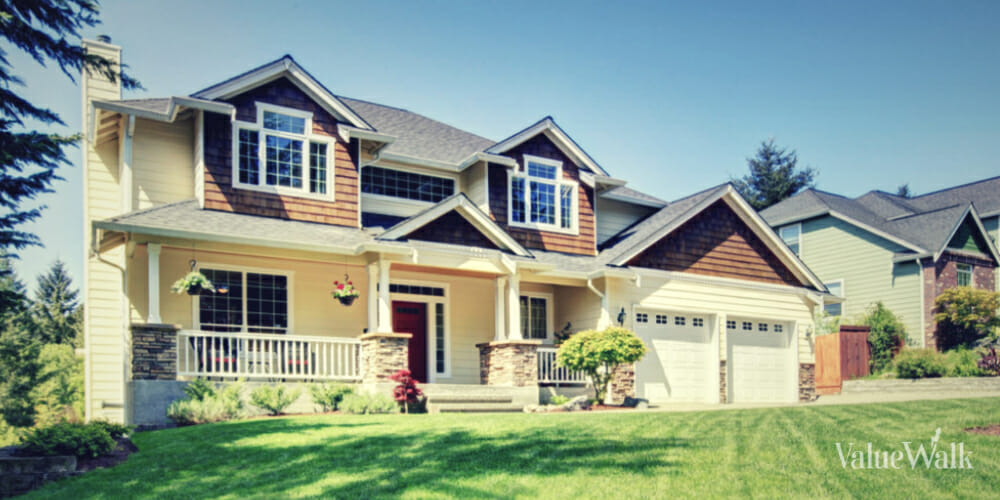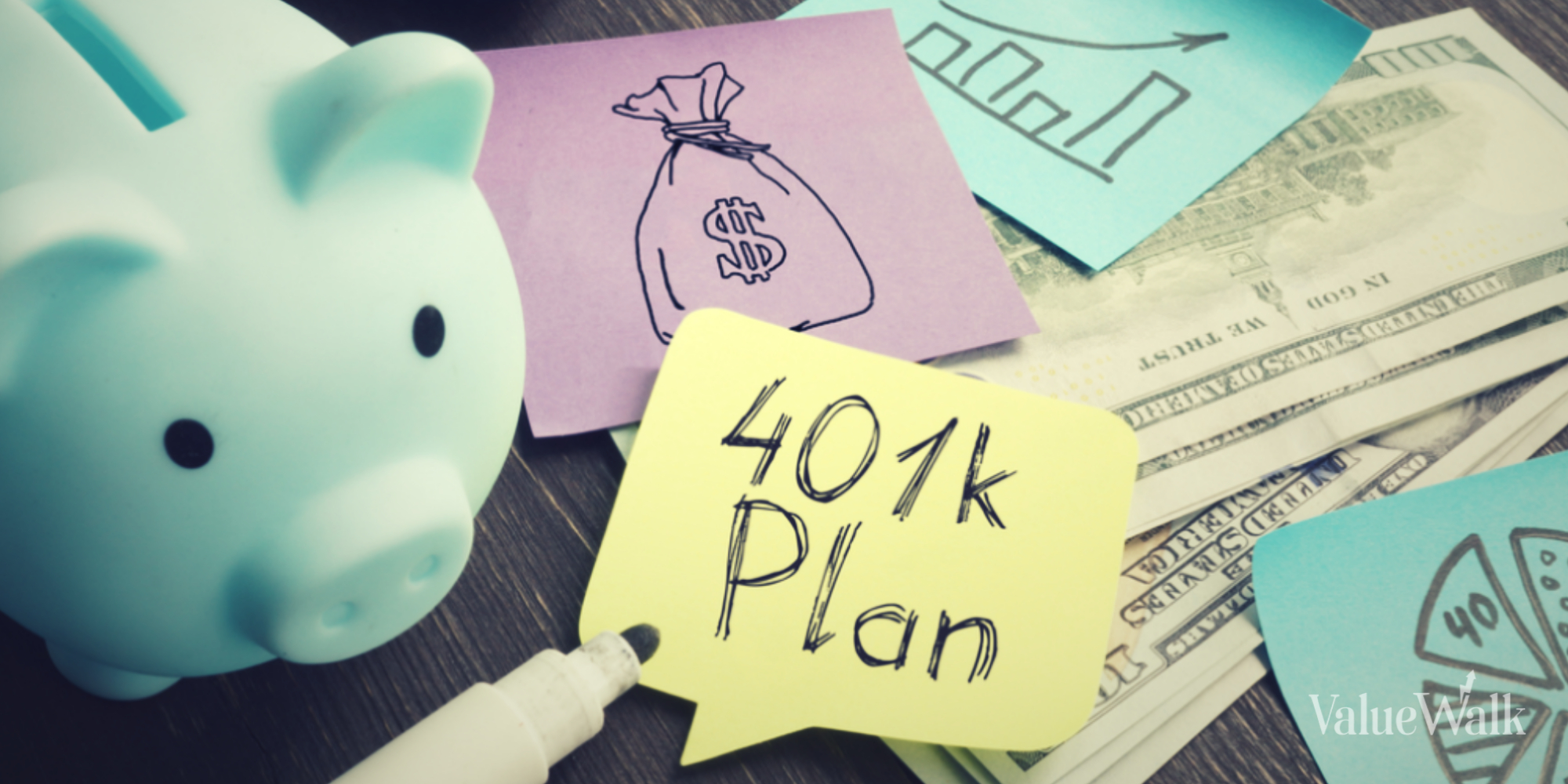The housing market was off and running last year despite the pandemic as interest rates were cut close to zero. However, some of the conditions that made it such a great move to buy a house in 2020 have begun to change. So is it still a good time to buy a house? You might want to wait a bit if you can, and here’s why.
Q1 2021 hedge fund letters, conferences and more
Interest rates for mortgages are rising
According to The Washington Post, this week, 30-year fixed-rate mortgage rates rose for the sixth straight week, climbing to the highest level in nine months. Data from Freddie Mac shows that the average 30-year mortgage rate climbed to 3.17%, with an 0.7 point on average. Borrowers pay points to lenders amounting to 1% of the loan amount in addition to the interest rate.
A week ago, the average interest rate on a 30-year mortgage was 3.9%, and it was 3.5% one year ago. The interest rate hasn't been as high as it now is since June. To come up with the average interest rate, Freddie uses rates from about 80 lenders across the country.
The government-sponsored enterprise uses interest rates for high-quality borrowers who have high credit scores and can make large down payments. Thus, interest rates will be even higher for some borrowers.
Unemployment remains high
Although the economic recovery is well underway, there are still signs of distress in the economy. The good news is that first-time unemployment claims fell to a pandemic low of 684,000 last week, while U.S. GDP rose 4.3% during the fourth quarter. Analysts had been expecting first-time unemployment claims to be at 735,000 last week, so the positive surprise was significant.
While unemployment is down, the fact remains 3.87 million people are still out of work. If you are one of them, you definitely shouldn't be thinking about buying a house, even if the extra $300 in unemployment benefits means you will be able to afford one. Those extra benefits are not here to stay, and it's never a good idea to buy a house based on a temporary benefit.
Inventories are at record lows
Another reason you might not want to buy a house this year is because of a lack of selection. According to the National Association of Realtors, existing-home sales fell off sharply in February, declining 6.6%. Sales were at a seasonally adjusted, annualized rate of 6.22 million units, which was still a 9.1% increase from February 2020.
Perhaps one reason existing home sales dropped so sharply was because the supply of homes for sale plunged 29.5% year over year to 1.03 million homes, marking the biggest annual decline in history. Historically, the spring housing market is brisk, but homeowners aren't listing their houses for sale at the usual rate this year. According to CNBC, at the current pace of sales, it would take two months to use up the supply of homes for sale, while a year ago, the market had a three-month supply, which was also considered low.
Lack of selection isn't the biggest problem caused by low inventories of homes for sale. Low inventories are also sending the prices of houses that are for sale through the roof. Last month, home prices were up 15.8% year over year, with the median existing-home price at $313,000, the highest price ever recorded.
Prices are soaring due to bidding wars on available homes because there are fewer to pick from. Additionally, the price was skewed higher due to more sales at the higher end of the market. Sales of houses priced over $1 million were up 81% year over year, while homes between $100,000 and $250,000 were down 11%.
Another issue with low inventories is that houses are spending less time on the market, which means it could be extremely difficult to put in a successful bid on a home. The average days-on-market declined to 20.
If you do need to buy a house this year
Unfortunately, all of these factors are working against you if you decide to buy a house right now, but some people find themselves in need of a house and can't avoid looking for one to buy. Whether your job has taken you to a different city, your family is growing, or you're ready to down-size, it might make more sense to look for a house instead of waiting.
If you do decide to buy a house this year, be prepared for an uphill battle, and the earlier you can lock in an interest rate, the better. Mortgage rates are expected to keep rising in the near term. Don't wait to put in a bid if you think you might be interested in a home, and you may want to bid higher than the asking price to try to convince the buyer to sell to you over someone else.






